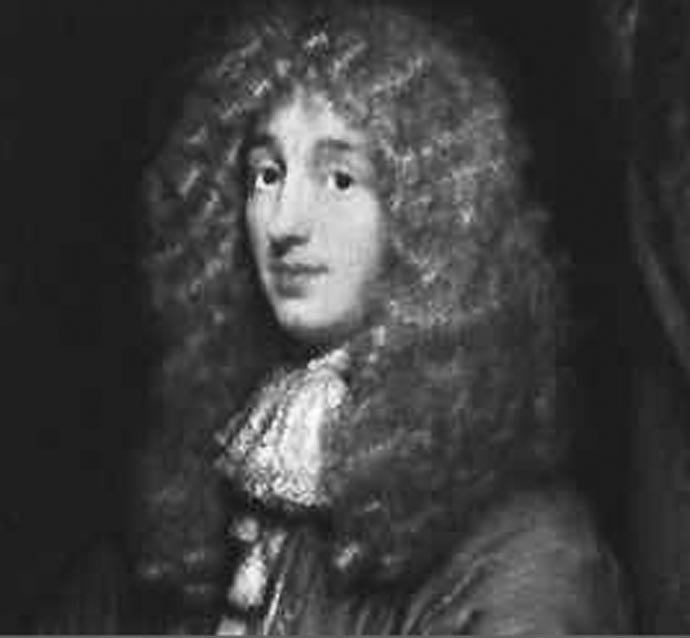Christiaan Huygens was a mathematician, physicist and astronomer who formulated the wave theory of light. He also discovered the pendulum clock, centrifugal force and the true shape of the rings of Saturn (as well as its moon, Titan). Huygens is credited as the first theoretical physicist to use formulae in physics.
Born in 1629 to a poet father, Constantijn Huygens, who also worked for the Princes of Orange, Christiaan Huygens studied law in Leiden and Brenda. He soon found out that he was more interested in mathematics, physics and astronomy. As a kid, Huygens loved to experiment with windmills and other machines and to watch the ripples produced by throwing a stone into water.

Huygens was already in contact with leading scholars of the time, even at an early age. Mersenne, the famous French polymath, wrote to his father that his child had the potential to “surpass even Archimedes”.
Christiaan Huygens made many extraordinary contributions in diverse fields. His efforts in mathematics included his work regarding squaring the circle. When it came to physics, in addition to his landmark Huygens-Fresnel principle, he extensively researched free fall, pendulum motion and the pendulum clock. Huygens also improved sea clocks, which proved to be very helpful in finding out the position of ships at sea. As a fan of Descartes, Huygens preferred to carry out new experiments himself for observing and formulating laws. Christiaan started to grind lenses for microscopes and astronomical telescopes. During one of these experiments, he found out the ring of Saturn, and also the Titan, the first moon of a planet ever to be detected.
Huygens was honoured with a doctorate in 1655. In 1666, he was made the first director of the Royal Academy of Science.
Christiaan Huygens was seriously ill in the last five years of his life. He died on March 8, 1695. He was 65 years old. Huygens was buried in Grote Kerk.

